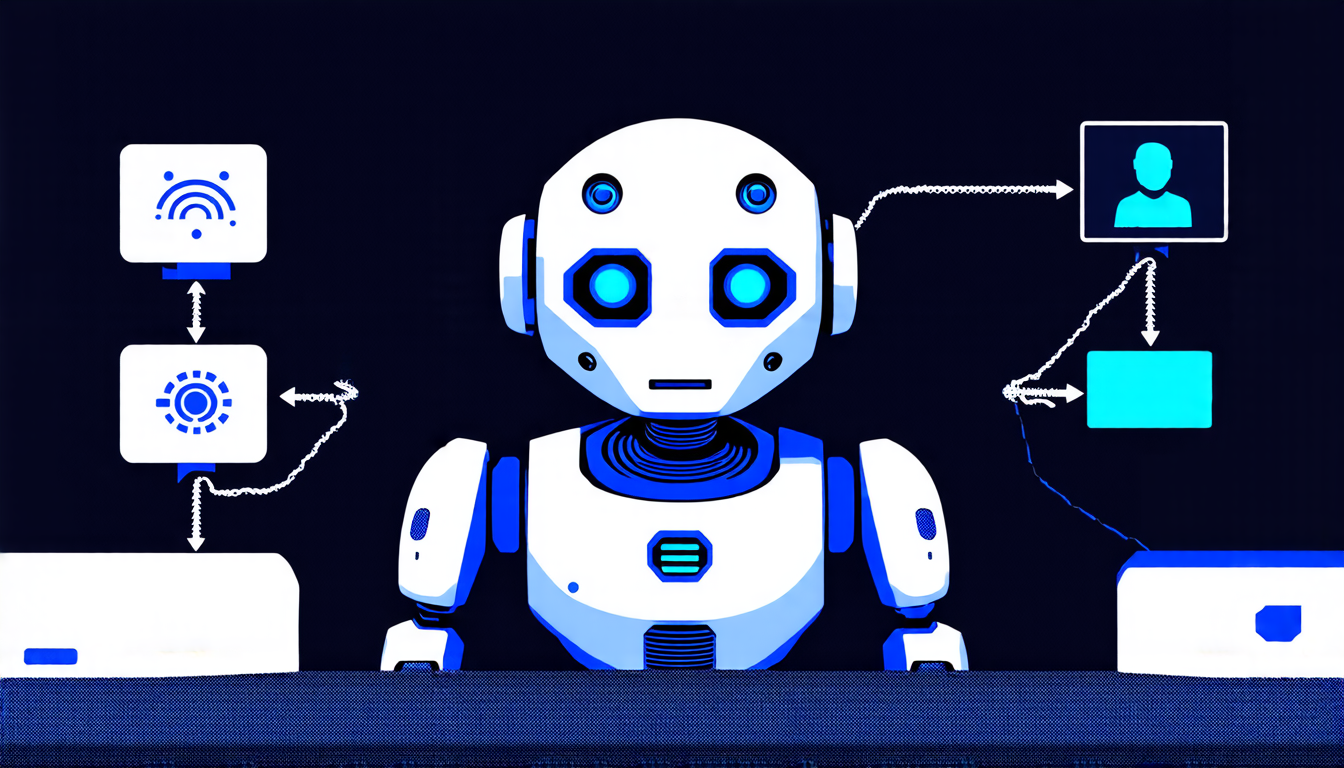Friday 23 May 2025
As we continue to rely on machines to assist us in our daily lives, ensuring their ability to learn and adapt to new situations is crucial. In a recent breakthrough, researchers have made significant strides in developing a new approach to continuous learning, which could revolutionize the way we train artificial intelligence (AI) models.
The concept of continuous learning, also known as lifelong learning, involves training AI models on new data without forgetting what they’ve learned previously. This is particularly important in industries where data is constantly being generated, such as healthcare and finance.
The researchers developed a Bayesian federated learning framework that allows multiple machines to learn from each other’s data while maintaining privacy. This approach enables the model to adapt to changes in the data distribution over time, ensuring it remains accurate and reliable.
One of the key challenges in continuous learning is dealing with non-iid (independent and identically distributed) data, where the characteristics of the data change over time. The researchers addressed this issue by incorporating a hierarchical Bayesian approach that allows the model to learn from past experiences and adapt to new situations.
The framework was tested on a simulated environment using radar data collected from sensors in a human-robot collaboration workspace. The results showed that the continuous learning approach significantly outperformed traditional transfer learning methods, achieving higher accuracy and reliability.
The implications of this breakthrough are vast. In industries where data is constantly being generated, such as healthcare and finance, this technology could enable AI models to learn from past experiences and adapt to new situations, improving decision-making and reducing errors.
Moreover, the hierarchical Bayesian approach used in this framework could be applied to other areas where continuous learning is necessary, such as autonomous vehicles or natural language processing. The potential for this technology to transform the way we train AI models is immense.
While there are still challenges to overcome before this technology can be widely adopted, the progress made by these researchers brings us one step closer to achieving truly intelligent machines that can learn and adapt to new situations. As AI continues to play an increasingly important role in our daily lives, developing a deeper understanding of how it learns and adapts is essential for ensuring its safe and effective use.
Cite this article: “Revolutionizing Artificial Intelligence with Continuous Learning”, The Science Archive, 2025.
Artificial Intelligence, Machine Learning, Continuous Learning, Lifelong Learning, Bayesian Federated Learning, Hierarchical Bayesian Approach, Non-Iid Data, Radar Data, Autonomous Vehicles, Natural Language Processing.







